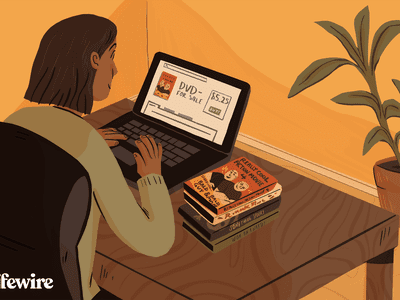
'Pause Button': Interpreting Instagram's Advocacy for Social Media Sabbaths

‘Pause Button’: Interpreting Instagram’s Advocacy for Social Media Sabbaths
Instagram wants you to take it easy on its app by decreasing the amount of time you spend online. The Meta-owned social media platform is launching a new “Take a Break” feature, which will remind users to take a break from using the app from time to time.
Instagram Wants You to “Take a Break”
Instagram is encouraging you to take periodic breaks from the app through its new feature, “Take a Break.”
This news comes from Instagram head Adam Mosseri, who made the announcement in a post on Twitter, saying the social media company is currently testing the new feature, which will remind you to step away from using the app after either 10, 20, or 30 minutes.
This will be an opt-in feature, and you can choose the time intervals you prefer to be notified within.
This isn’t the first time we’re hearing about Take a Break. Instagram had previouslyshared plans to launch the feature , beforeFacebook became Meta , although amid some scandals that were rocking the big tech company at the time—which could possibly be the reason behind this initiative.
Mosseri has also mentioned it in aTweet about Instagram’s decision to pause the development of an Instagram for Kids app—another controversial plan that placed then-Facebook in the line of fire.
Mosseri says the Take a Break feature will be tested with a handful of users, with plans to roll it out in December 2021.
Why Instagram Wants You to “Take a Break”
Meta has been facing increasing pressure from lawmakers to make its apps safer for users’ mental health.
Facebook VP for Global Affairs and Communications Nick Clegg previously explained the Take a Break feature in an interview with CNN when pressed about claims that Instagram potentially harms kids:
We’re introducing something called ‘Take a Break’ where we will be prompting teens to simply just take a break from using Instagram.
Of course, this all stemmed from the Wall Street Journal’s bombshell report known asThe Facebook Files , as well as subsequent interviews and allegations made by the whistleblower behind the report, former Facebook employeeFrances Haugen .
Among Haugen’s claims is that that Facebook is harming teens on its Instagram app. For years, concerns have been raised around the role that Instagram plays in harming users’ mental health, especially that of kids, who are more impressionable.
Related:How Instagram Limits Ads for Young Users (And Why It Should Do More)
Haugen’s claims added weight to those claims as she worked for the company and witnessed what she did firsthand.
Meta’s Global Head of Security Antigone Davis also mentioned Instagram’s Take a Break feature in a Senate hearing over teen mental health back in September. At the hearing, Davis said the company aims to improve younger users’ experience on the app by encouraging them to stop browsing after they’d been browsing too long.
Will Instagram’s Opt-In Feature Be Effective?
Because Take a Break is an optional feature, even if users do opt-in, they can still choose not to make use of it. Perhaps it would stand a better chance at success if users were defaulted to it, or if it locked younger users out for a short while, thereby forcing them to close or exit the app temporarily.
And then there’s the option of creating additional accounts to continue browsing as one wishes.
Considering how rushed Instagram’s Take a Break feature seems, and how open it is in terms of getting users to step away from the app, it is unlikely that it will make any significant impact.
Also read:
- [New] In 2024, Altering Screenshot File Types on a Macintosh
- [New] In 2024, Streamline Your YouTube Short Experience
- [Updated] 2024 Approved Boost Your Projects' Quality Rankings of the Best Free Editing Apps (Top 9)
- 2024 Approved The Framework for High-Quality Streaming Archiving
- Beyond the Newsfeed Narrative: Unveiling Fact-Fiction at Facebook
- Big Three of Social Networking Inspire Biden's Health Strategy
- Breaking Through Social Media's Silent Exclusion: Shadowban Insights
- Buzz Box: The Top 20 Must-Visit Social Applications and Websites
- Court of Pages: When Will Facebook Decision Be Revealed?
- Critical Listening: The Best and Worst From 2022'S Podcast Scene
- How To Do Nokia 130 Music Screen Sharing | Dr.fone
- In 2024, How to Transfer Data After Switching From Honor 90 to Latest Samsung | Dr.fone
- Troubleshooting Tips: Overcoming Deadly Glitches in Black Ops 4
- Unraveling the Paperclip Predicament: Ties to AI
- Title: 'Pause Button': Interpreting Instagram's Advocacy for Social Media Sabbaths
- Author: Michael
- Created at : 2024-12-10 22:08:11
- Updated at : 2024-12-12 17:29:08
- Link: https://facebook.techidaily.com/pause-button-interpreting-instagrams-advocacy-for-social-media-sabbaths/
- License: This work is licensed under CC BY-NC-SA 4.0.